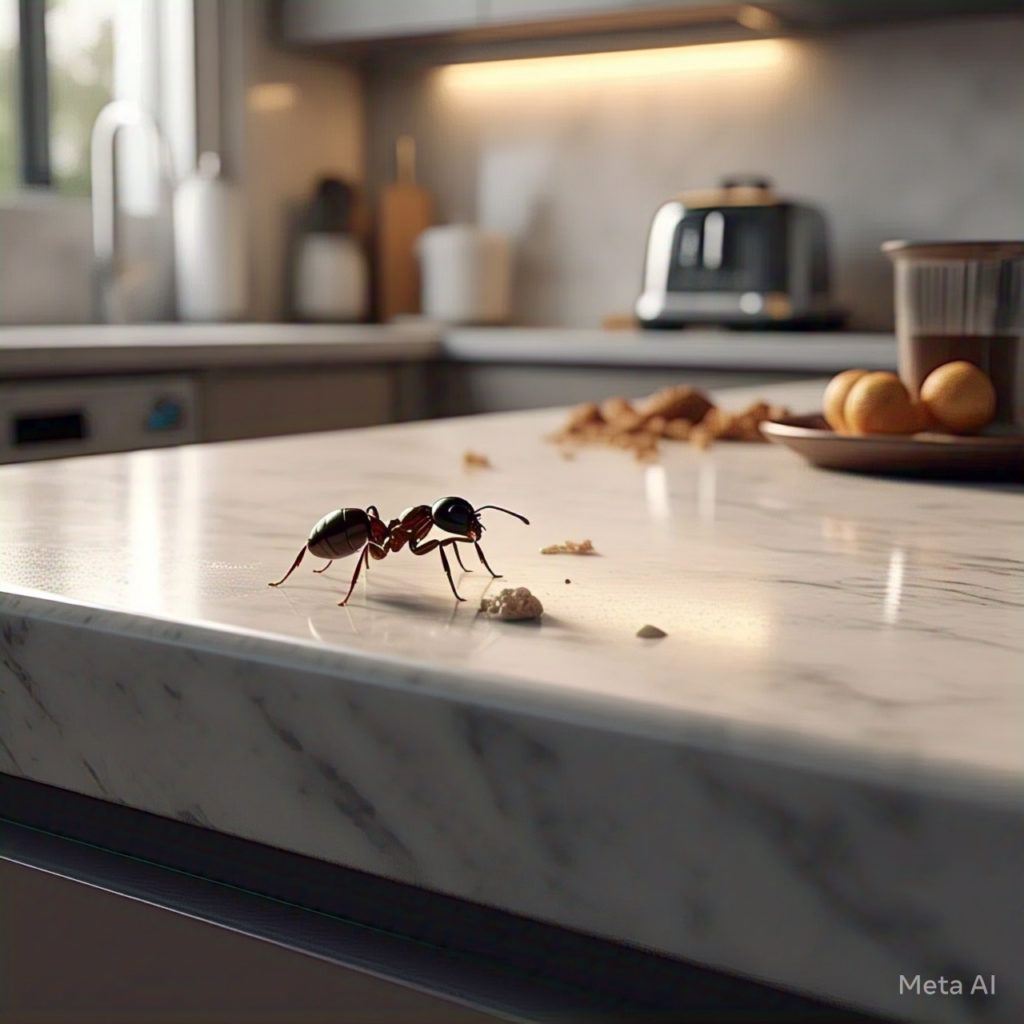Ant infestations can be frustrating, especially when they seem to return no matter how many times you get rid of them. Instead of relying on harsh chemicals, a strategic and sustainable approach to ant pest control can help keep your home free of these persistent invaders. In this guide, we’ll explore effective home ant control methods, from prevention to eco-friendly solutions that work.
Why Are Ants Invading Your Home?
Ants are resourceful creatures, constantly on the hunt for food, water, and shelter. Common reasons they invade homes include:
- Food sources: Crumbs, spills, and exposed food attract ants quickly.
- Moisture: Leaky pipes, damp areas, and standing water provide ideal conditions.
- Entry points: Small cracks in windows, doors, and walls give ants easy access.
Understanding what attracts ants is the first step to effective pest control. By eliminating these factors, you can significantly reduce ant activity in your home.
How to do ‘Home Ant Pest Control’
The best way to control ants is through a combination of prevention and targeted treatment. Here’s a step-by-step approach:
1. Seal Entry Points
Ants are tiny, so they can squeeze through the smallest gaps. Seal cracks in walls, around windows, and under doors to block their access.
2. Keep Your Home Clean
- Wipe down surfaces to remove food residue and pheromone trails.
- Store food in sealed containers.
- Take out the trash regularly and ensure bins have tight-fitting lids.
3. Use Natural Deterrents
Several natural remedies can help keep ants away without harming the environment:
- Vinegar: A 50/50 mixture of vinegar and water disrupts ant trails.
- Lemon juice: The acidity masks scent trails and deters ants.
- Cinnamon & peppermint oil: These strong scents repel ants and can be used near entry points.
4. Set Up DIY Ant Baits
To tackle an existing infestation, homemade ant baits can be effective:
- Mix sugar and borax (essentially baking soda) with water to create an attractant that ants carry back to their colony.
- Place bait stations near ant trails but out of reach of children and pets.
5. Do Some Ant Pest Control Outside
If ants continue to invade your home, addressing outdoor colonies is essential:
- Locate nests in your yard and treat them with boiling water or natural insecticides.
- Trim back vegetation that touches your home, as ants use these as bridges.
When to Call a Professional for Ant Pest Control
If your ant problem persists despite your efforts, it may be time to call an eco-friendly pest control provider. Professional Integrated Pest Management (IPM) techniques ensure effective, long-term solutions that are safe for your family and the environment.
Final Thoughts
Effective ant pest control starts with prevention and sustainable treatment methods. By sealing entry points, keeping your home clean, and using natural repellents, you can keep ants at bay without resorting to toxic chemicals.
For expert help with ant infestations, contact our team today and let us provide a safe and lasting solution for your home.



